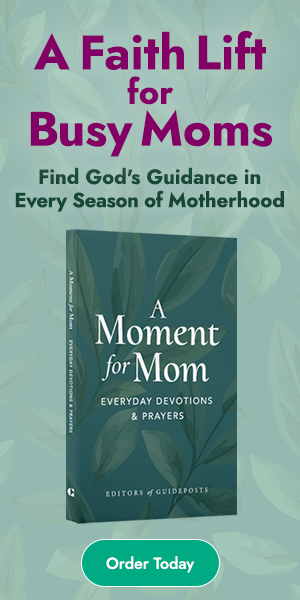Caregiving can be a blessing and a burden, especially when the job of caregiving begins to strain a family’s finances. According to a study from the National Alliance for Caregiving and AARP, nearly 34.2 million people—which include children, siblings, and spouses—provide unpaid care for an elderly loved one. A 2016 AARP study estimates that family caregivers spend an average of $6,954 on out-of-pocket expenses for caregiving per year, which equates to approximately 20% of their annual income. To cover those costs, caregivers often sacrifice other areas of their lives—vacations, dining out, reducing their retirement contributions or even dipping into long-term savings.
Fortunately, there are many programs and resources to assist family members with the financial burden of caregiving. Here are a few worth looking into.
1. Medicaid
Medicaid is a government-run program that offers financial medical assistance for those in need—including caregivers. In select states, the agency offers an allowance to care recipients that can be used to pay family caregivers. To see if you qualify for the program, contact your local Medicaid office. They’ll also be able to assist you with applications or direct you to other available programs.
2. Aging and Disability Resource Center
Aging and Disability Resource Centers (ADRCs) offer counseling, support, assistance and access to programs across the country for seniors and their loved ones. Staff at ADRCs provide information and assistance to help people access private or publicly funded service programs. The ADRC also offers an Eldercare Locator that helps caregivers discover local resources using a tool that searches for support services, housing, transportation, and more in your area. These services can help cut costs and connect you with trained professionals who can assist in long-term financial planning.
3. National Council on Aging
The National Council on Aging has a quick and easy way for caregivers to discover untapped benefits in their state through a service called Benefits Checkup. Simply enter some basic information into the questionnaire and the tool will search for the best programs to suit your needs, including housing services, medication discounts, tax relief assistance and more.
4. Veteran-Directed Home Services Program
If you’re a veteran, or if you’re a family member caring for one, the Veteran-Directed Home Services Program offers aid to kick start your caregiving journey and to make it affordable. The program authorizes a monthly flexible spending account for purchasing goods and securing services for disabled veterans to live at home. Veterans who enter the program may hire family to act as their caregivers or outside help to provide support to family caregivers.
5. Home and Community-Based Services Program
If you’re not a veteran—or if your loved one isn’t—you may qualify for the Home and Community-Based Services Program. The eligibility criteria for this service varies from state to state but is usually based on income and need. The program offers guidance and assistance to family caregivers, addressing a variety of needs like transportation costs, meal planning, modifying homes to be more accessible to those with disabilities and supported employment services.
6. Employee Benefits
The U.S. Family and Medical Leave Act is a resource full-time caregivers can consider, especially when they’re faced with medical emergencies or the need for longer-term care. The law allows for up to 12 weeks of unpaid, job-protected leave each year so that a worker can to take time off to care for an immediate family member. Depending on which state you live in or company you work for, paid leave or other assistance programs may be available through your employer. Most jobs at least offer Employee Assistance Programs (EAP) which can offer help with counseling, legal and financial referrals or putting employees in touch with non-profit or charitable organizations that provide aid. Check with your employer to see what they offer and how you can benefit.






